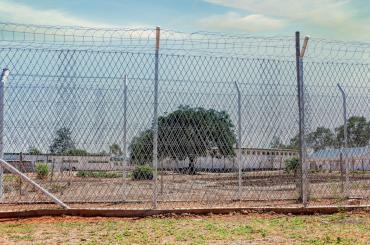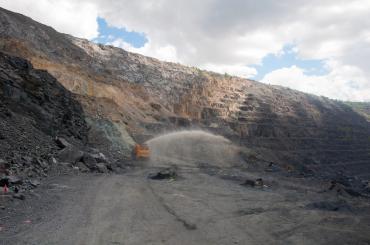
crime
-

What happened to violence, crime and mortality when South Africa banned alcohol?
A nationwide alcohol ban in South Africa reduced violent crime and injury-related deaths, offering critical lessons for public policy.
-

Crime schools: How Colombian prisons foster criminal networks
Prisons are meant to deter crime and rehabilitate inmates. Evidence from Colombia suggests that in some circumstances prisons actually foster rather than prevent crime.
-

How fiscal policies intensified conflict in India
Increasing potential tax revenues for local governments triggered a rise in violence in resource-rich areas in India
-

Law and order? The effect of a policy to re-establish control of Rio de Janeiro’s favelas
A policy to pacify Rio de Janeiro’s favelas reduced murder and robbery, yet many other forms of crime increased
-

How potential offenders and victims interact: Evidence from Chile
Decoupling driver salaries from fare revenues led to a surge in crime, highlighting the role of private behaviour in victimisation
-

The long-term effects of conditional cash transfer programmes: Evidence from Colombia
Conditional cash transfer programmes can have long-term benefits by reducing crime, lowering adolescent fertility and increasing school attendance as well as formal employment.
-

The socioeconomic effects of export slowdowns: Evidence from China
Cities with export slowdowns had larger increases in crime rates, driven by weakened labour markets
-

Job loss and crime in Brazil
After mass layoffs criminal prosecutions increase for displaced workers, but eligibility for unemployment benefits offsets this effect
-

State-building on the margin: An urban experiment in Medellín
The success of an intervention to increase state presence in gang-controlled neighbourhoods depended on the initial level of gang vs state governance